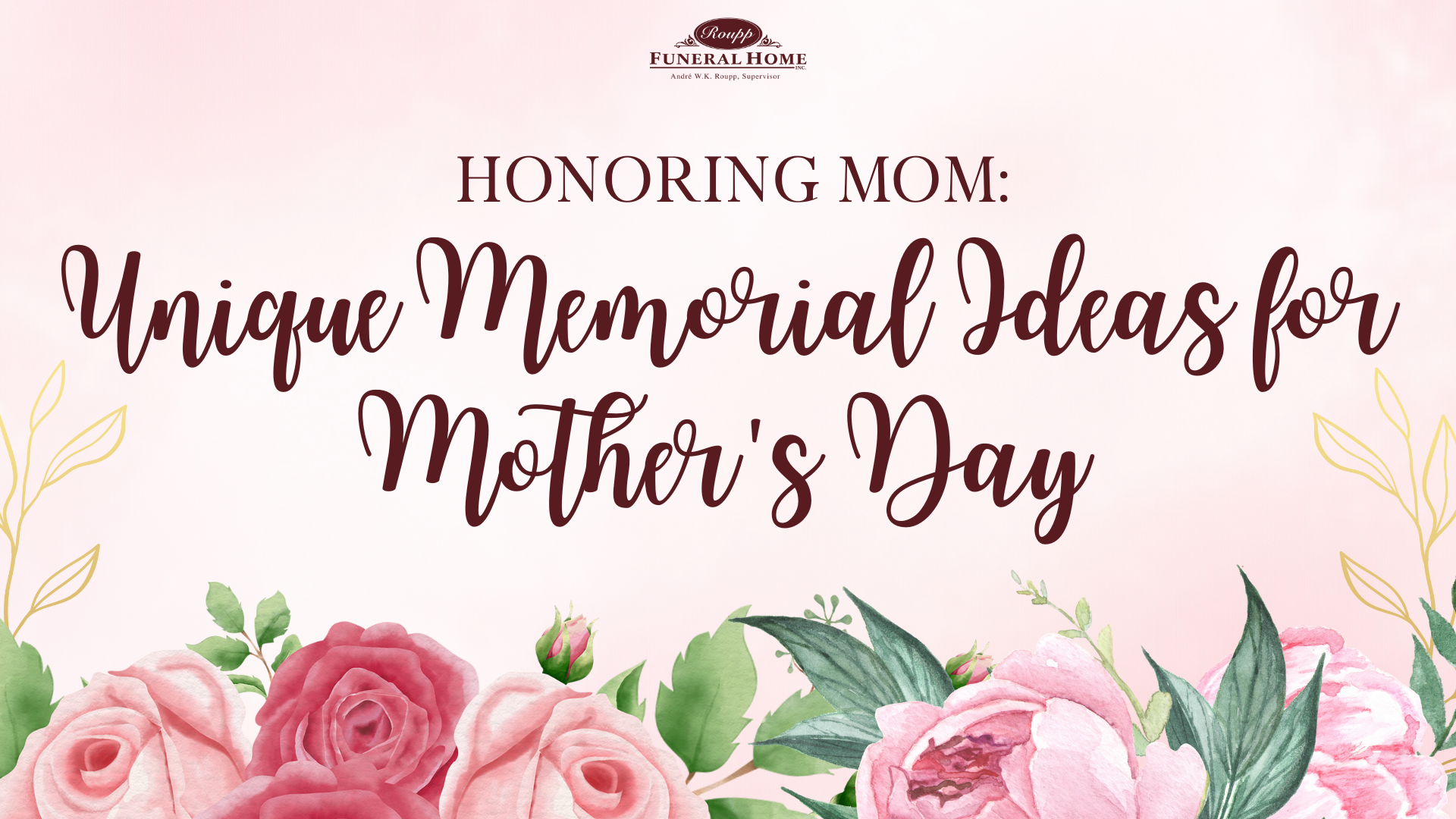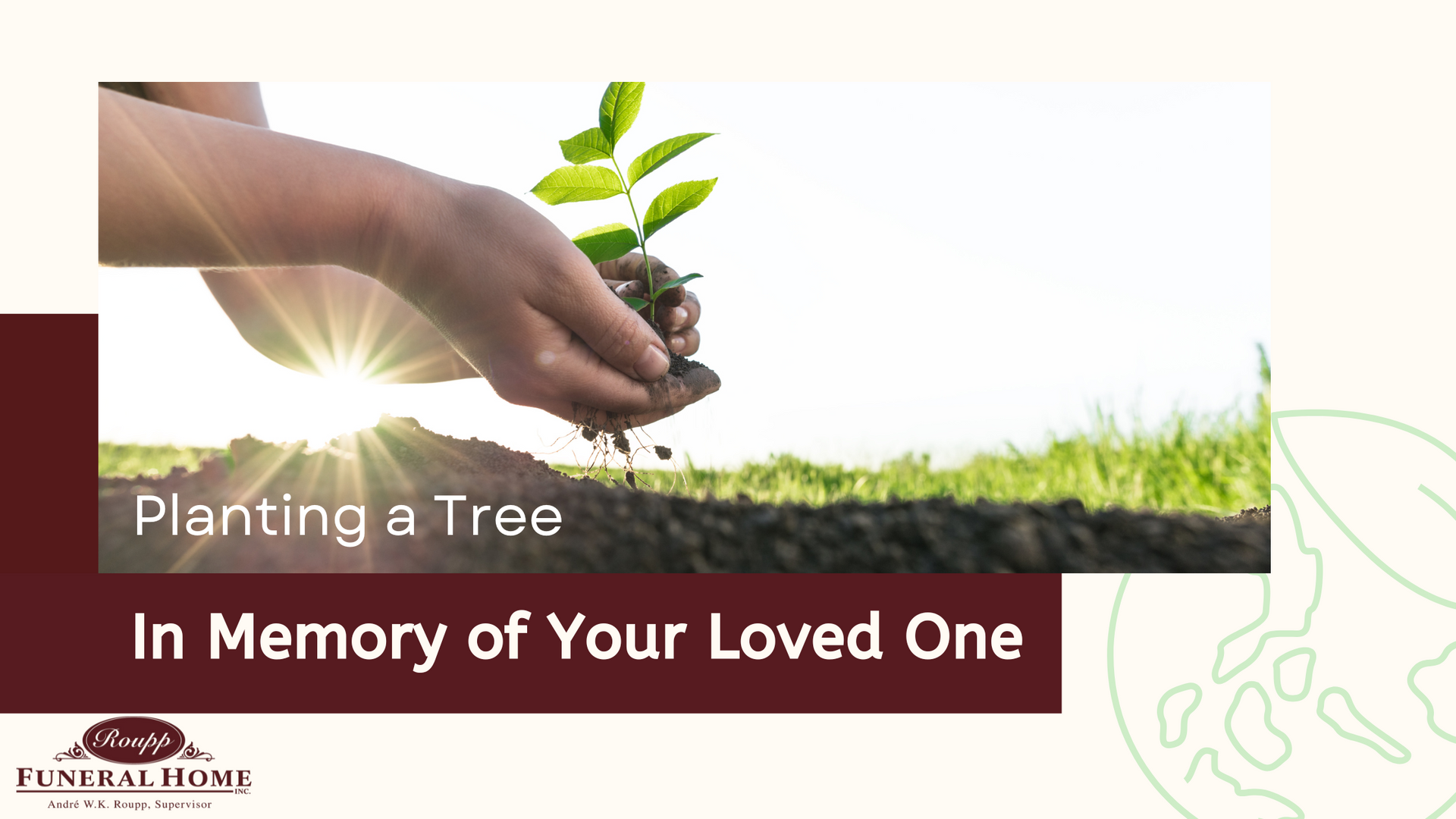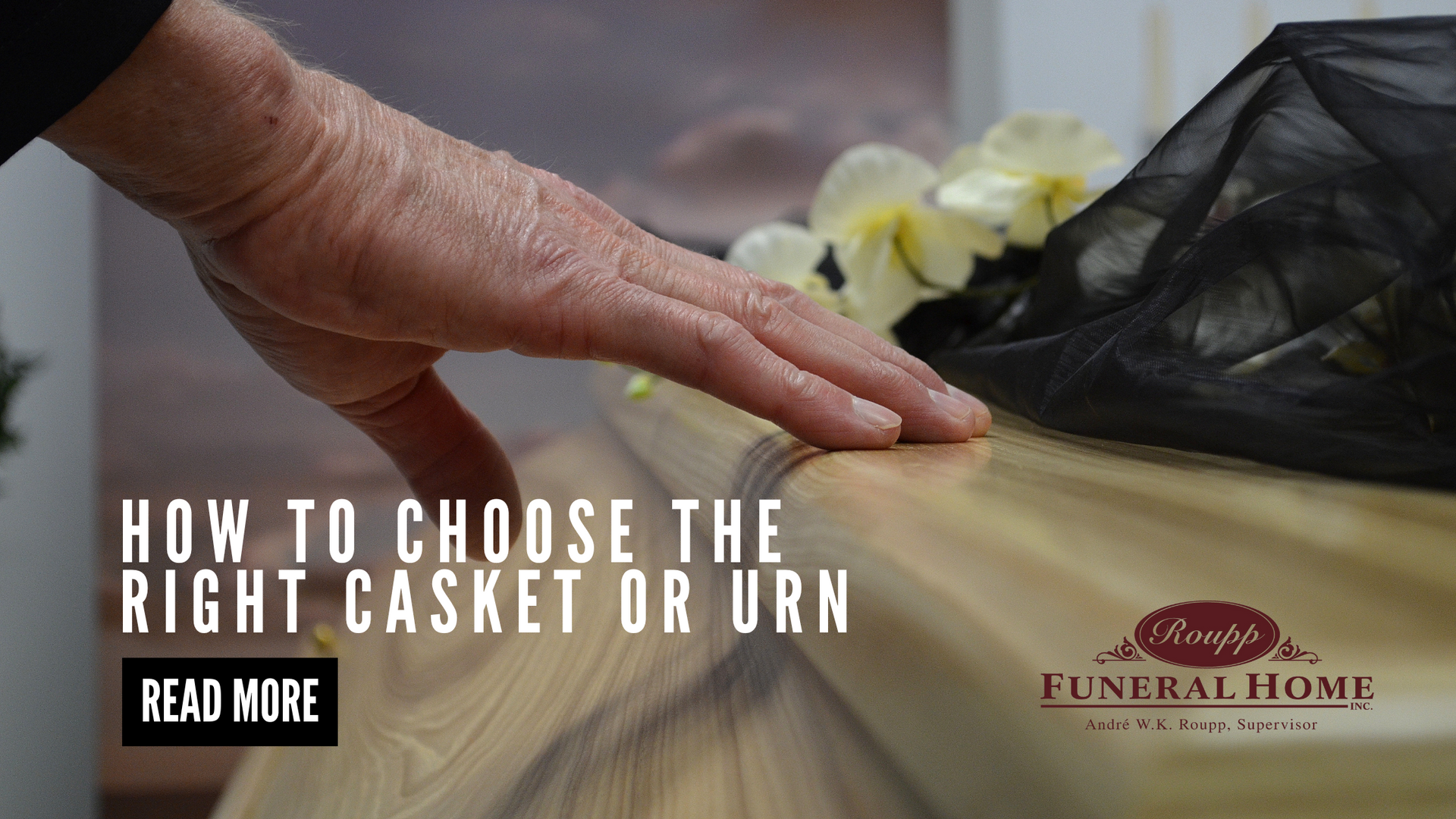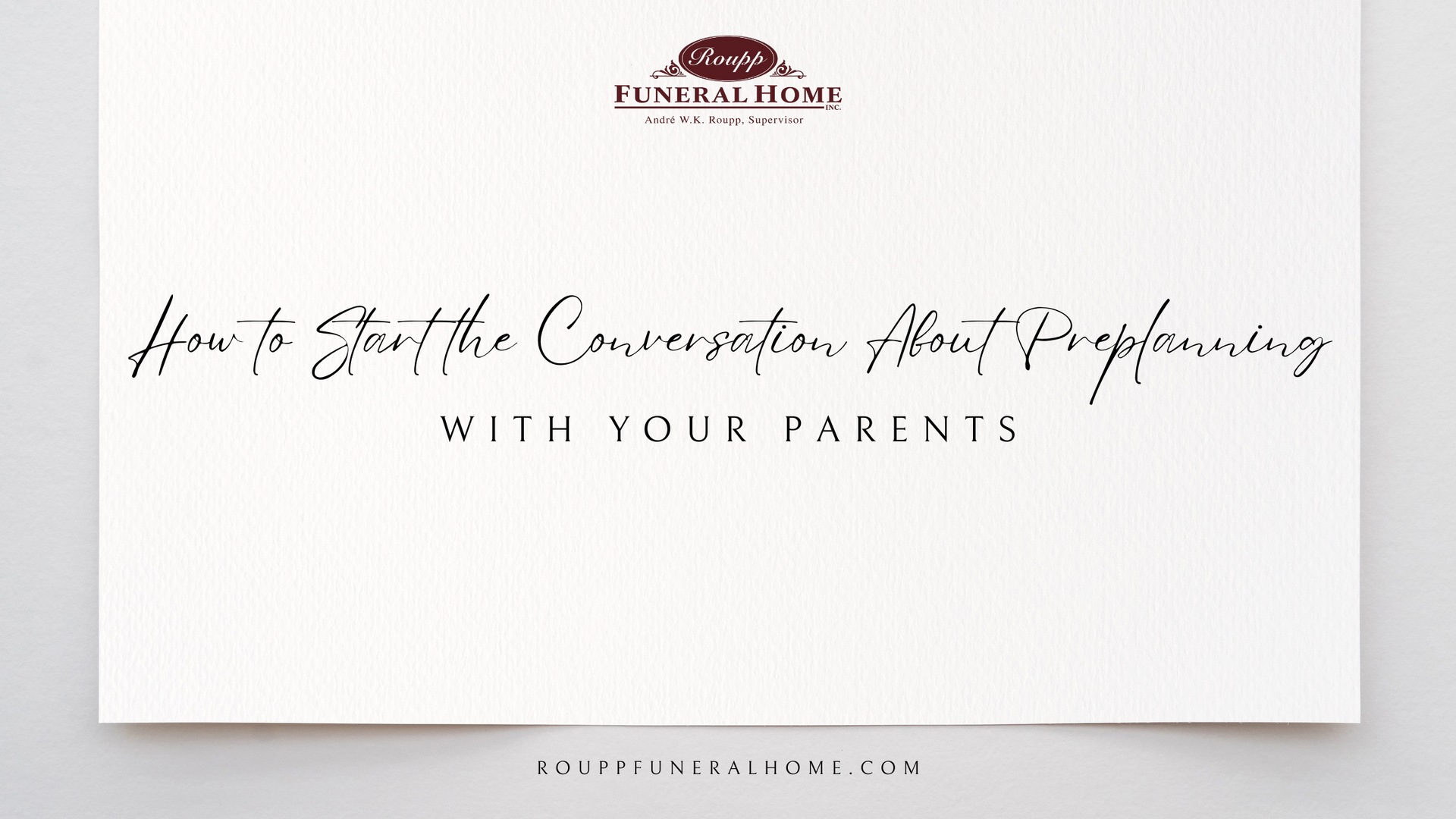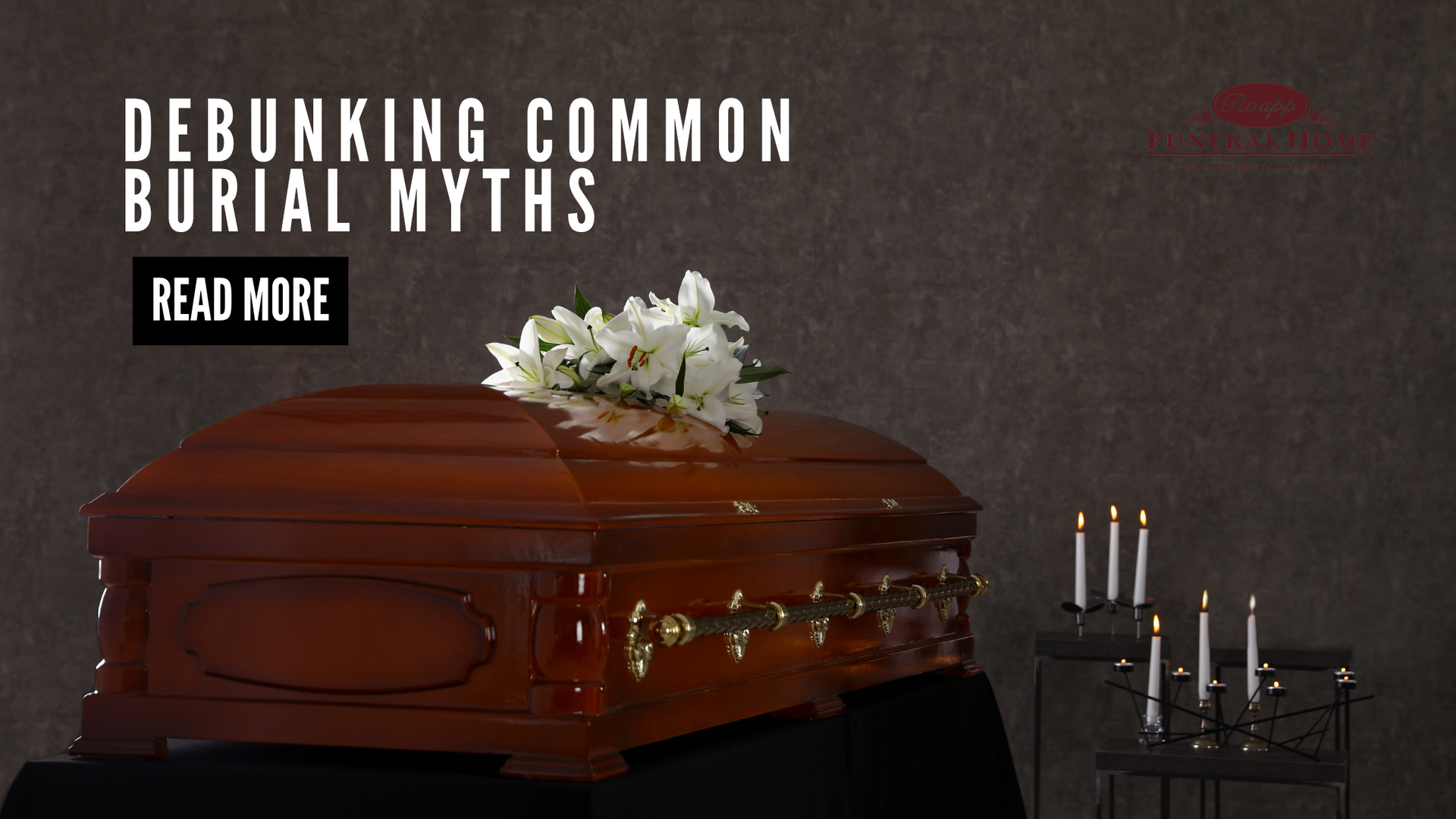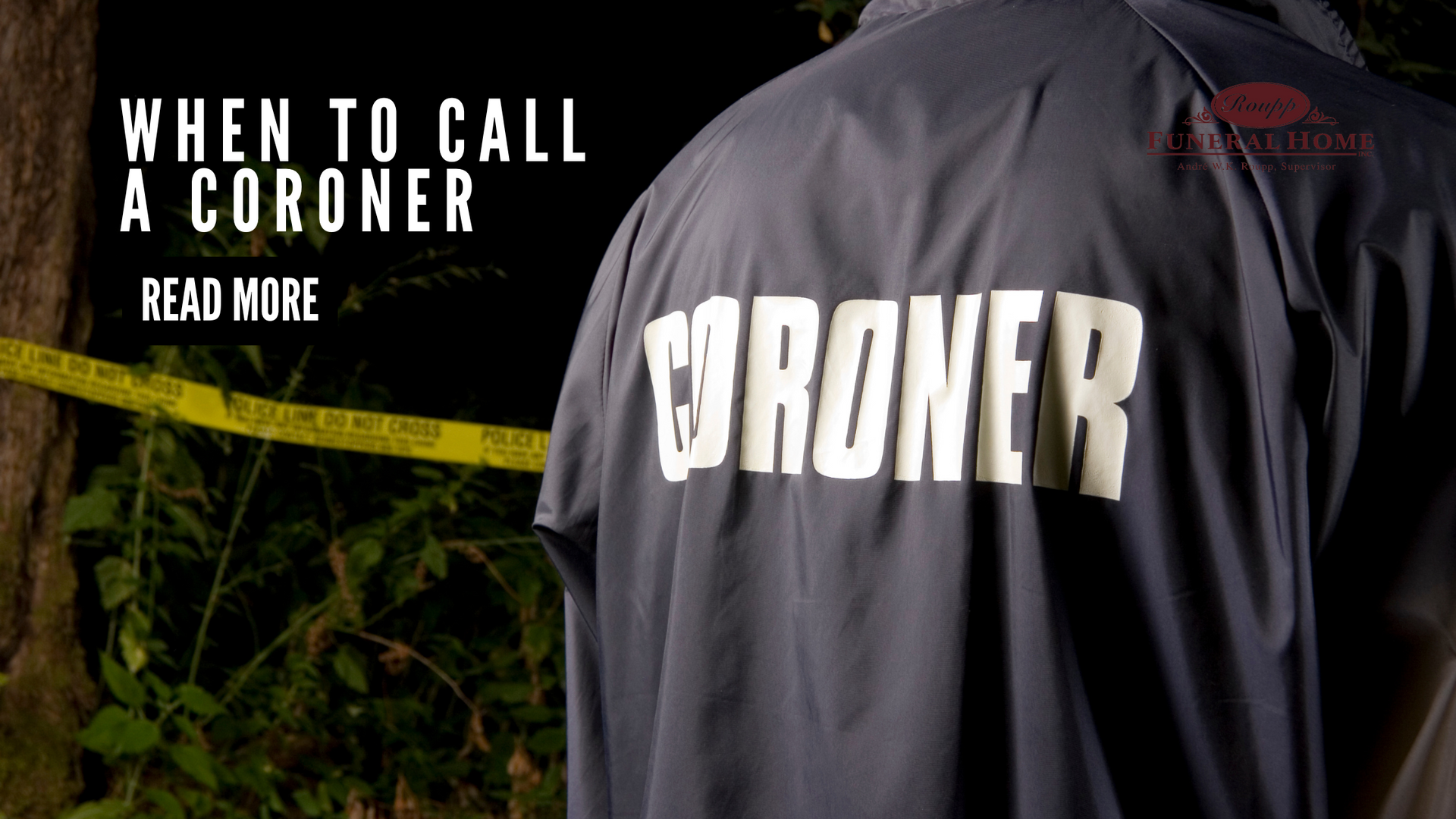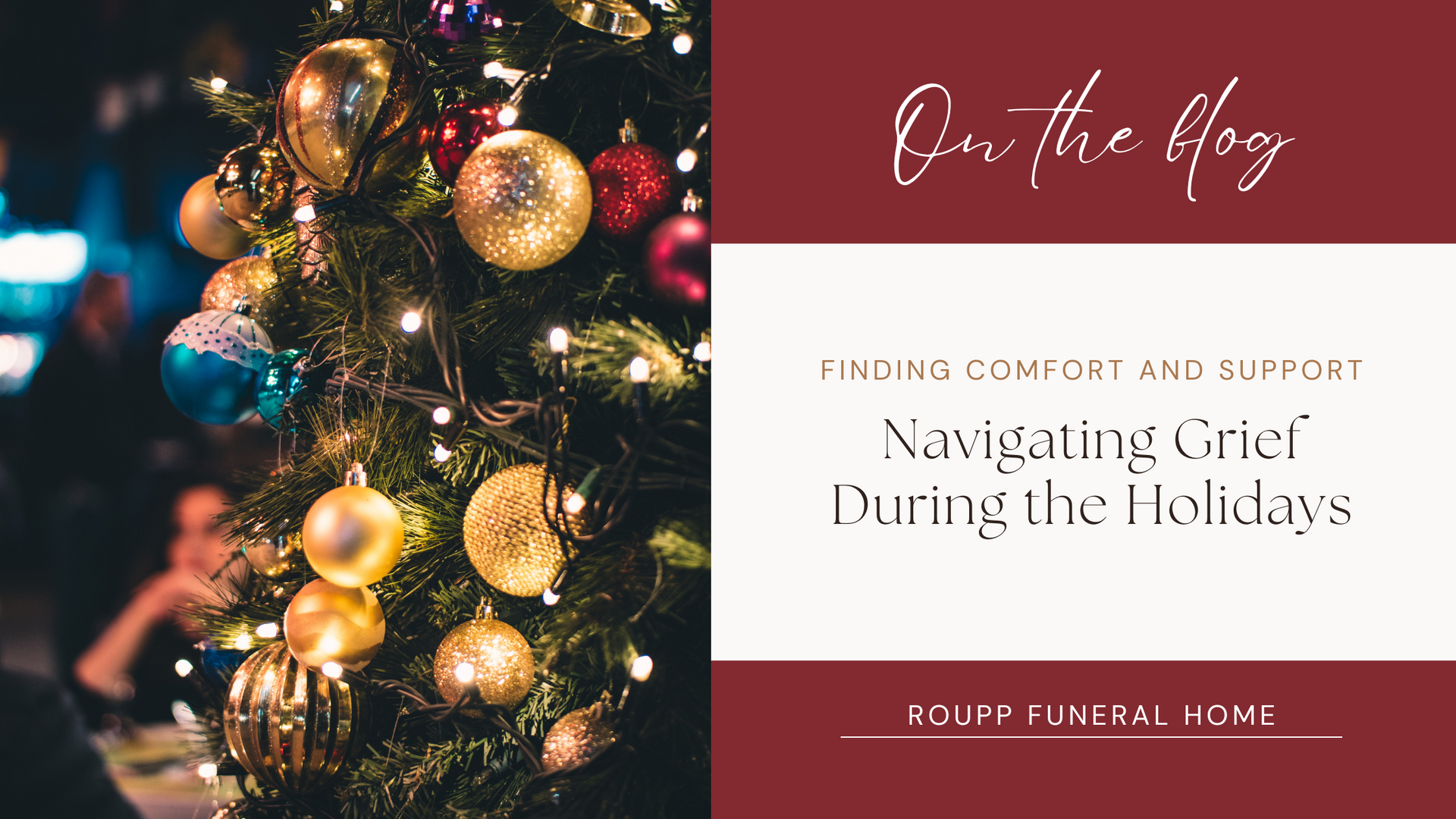Tips for Going Through Your Loved One’s Belongings After Death
In the midst of grief, the task of going through a loved one’s belongings can feel overwhelming. Whether you are sorting through their clothing, personal items, or sentimental keepsakes, this process can be both emotionally and physically exhausting. However, with thoughtful planning and a gentle approach, it can also be a meaningful step in your journey of healing. Here are some tips to help you navigate this sensitive task with care and compassion.
1. Give Yourself Time
There is no set timeline for when to begin going through your loved one’s belongings. Some people may feel ready to start shortly after the funeral, while others may need weeks, months, or even years. Listen to your emotions and proceed when you feel ready. Remember, there’s no “right” way to grieve or to handle this process.
2. Create a Plan
Before diving in, it’s helpful to create a plan. Decide which area you want to start with and set realistic goals for each session. For instance, you might tackle one closet or a single drawer at a time. Breaking the task into smaller, manageable parts can make it less daunting.
3. Ask for Help
Sorting through a loved one’s belongings doesn’t have to be a solo endeavor. Invite trusted family members or friends to assist you. Their support can provide both practical help and emotional comfort. Additionally, having others present can make it easier to share stories and memories as you work.
4. Prepare for Emotional Moments
It’s natural to encounter emotional triggers during this process. Items like handwritten notes, photographs, or clothing with a familiar scent can evoke strong memories. Allow yourself to feel these emotions, and take breaks if needed.
5. Sort Items into Categories
To stay organized, sort items into categories as you go. Common categories include:
- Keep: Items with sentimental or practical value that you want to hold onto.
- Donate: Belongings that could benefit others, such as clothing or household items.
- Sell: Valuable items that you’re not keeping but could sell.
- Discard: Things that are no longer useful or meaningful.
Using labeled boxes or bags for each category can streamline the process and prevent second-guessing.
6. Honor Their Memory
Consider setting aside a few special items to honor your loved one’s memory. These could be displayed in your home, included in a scrapbook, or used to create a memorial piece, such as a quilt or shadow box. These keepsakes can provide comfort and a tangible connection to your loved one.
7. Be Mindful of Family Dynamics
When multiple family members are involved, differing opinions about what to do with certain items can arise. Open communication and compromise are essential. If there’s disagreement about a specific item, consider taking a step back and revisiting the decision later. In some cases, dividing or sharing items might be an option.
8. Seek Professional Support
If the process feels too overwhelming, consider enlisting the help of a professional organizer or estate specialist. These professionals are experienced in handling sensitive situations and can provide guidance and support tailored to your needs.
9. Celebrate Progress
Acknowledge your accomplishments, no matter how small. Completing even a single step, like clearing out a drawer or organizing a box, is a significant achievement. Celebrating progress can help motivate you to continue.
10. Practice Self-Care
Above all, prioritize self-care during this emotionally taxing time. Ensure you’re getting enough rest, eating well, and seeking support when needed. If feelings of grief become overwhelming, consider speaking with a counselor or joining a support group to process your emotions in a safe space.
While going through a loved one’s belongings can be heart-wrenching, it also offers an opportunity to reflect on the memories and legacy they’ve left behind. By approaching the task with patience and compassion, you can create a sense of closure and honor their life in a meaningful way.
At Roupp Funeral Home, we understand the complexities of grief and are here to support you every step of the way. Whether you need guidance, resources, or a compassionate ear, don’t hesitate to reach out. You are not alone on this journey.
